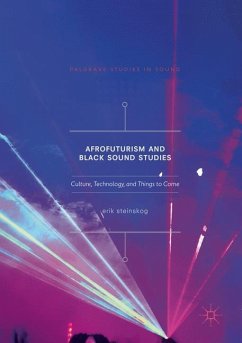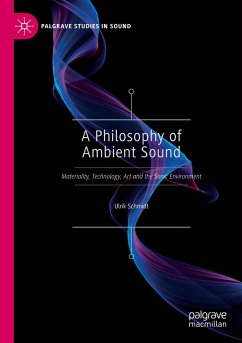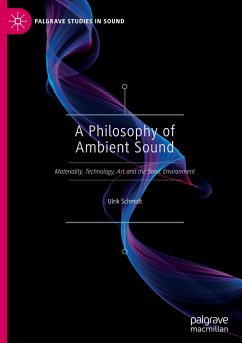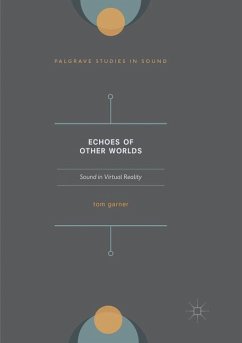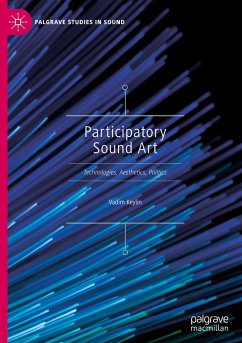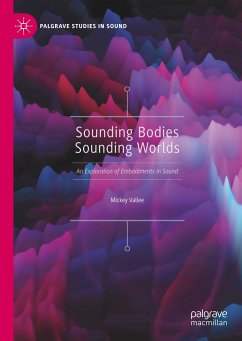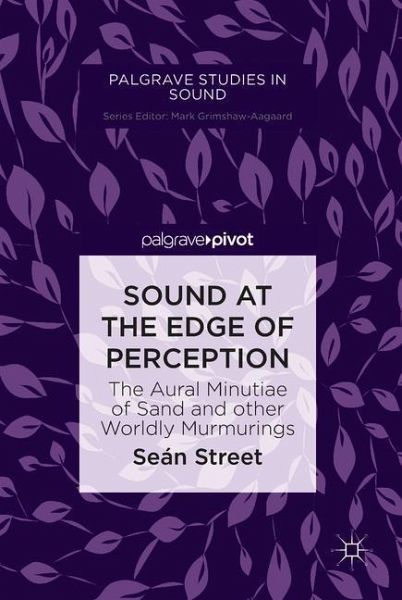
Sound at the Edge of Perception
The Aural Minutiae of Sand and other Worldly Murmurings

PAYBACK Punkte
21 °P sammeln!
This book is about the tiny sounds of the world, and listening to them, the minute signals that are clues to who and where we are. A very small sound, given the context of its history, becomes hugely significant, and even an imagined sound in a picture becomes almost a voice. By speaking a name, we give a person back to the world, and a breath, a sigh, a laugh or a cry need no language. A phoneme is the start of all stories, and were we able to tune ourselves to the subtleties of the natural world, we might share the super-sensitivity of members of the bird and animal kingdom to sense the mess...
This book is about the tiny sounds of the world, and listening to them, the minute signals that are clues to who and where we are. A very small sound, given the context of its history, becomes hugely significant, and even an imagined sound in a picture becomes almost a voice. By speaking a name, we give a person back to the world, and a breath, a sigh, a laugh or a cry need no language. A phoneme is the start of all stories, and were we able to tune ourselves to the subtleties of the natural world, we might share the super-sensitivity of members of the bird and animal kingdom to sense the message in the apparent silence. Mind hears sound when it perceives an image; the book will appeal to sonic and radio practitioners, students of sound, those working in the visual arts, and creative writers.





